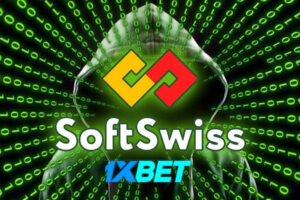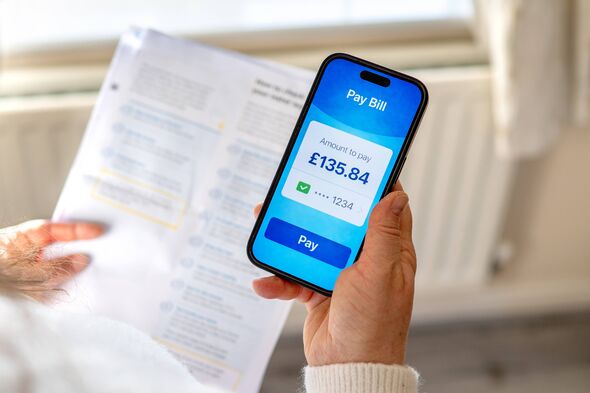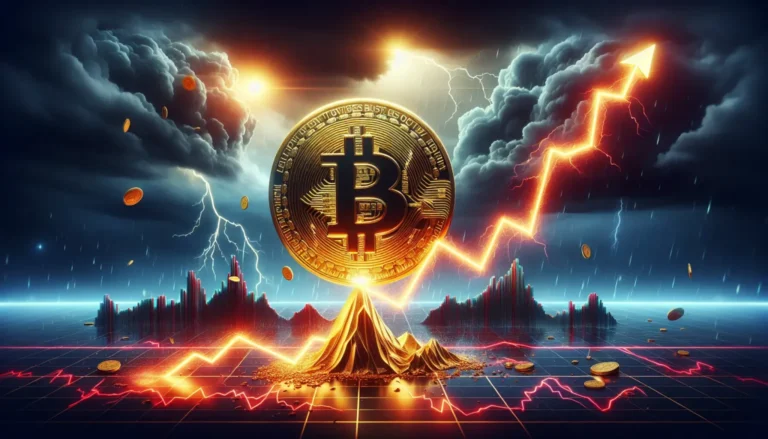Snap Inc priced its initial public offering above its target range on Wednesday, raising $3.4 billion as investors set aside concerns about its lack of profits and voting rights for a piece of the hottest tech IPO in years. At $17 a share, the parent of popular disappearing-messaging app Snapchat has a market valuation of roughly $24 billion, more than double the size of rival Twitter and the richest valuation in a U.S. tech IPO since Facebook in 2012. The company had targeted a valuation of between $19.5 billion and $22.3 billion. The book was more than 10 times oversubscribed and Snap could have priced the IPO at as much as $19 a share, but the company wanted to focus on securing mutual funds as long-term investors rather than hedge funds looking to quickly sell, the source said. The share sale was the first test of investor appetite for a social-media app that is beloved by teenagers and 20-somethings who use it to apply bunny faces and vomiting rainbows onto selfies but faces a challenge in converting “cool” into cash. Despite a nearly 7-fold increase in revenue, the Los Angeles-based company’s net loss jumped 38 percent last year. It faces intense competition from larger rivals such as Facebook as well as decelerating user growth. Snap priced 200 million shares on Wednesday night at $17, above its stated range of $14 to $16 dollars a share. The sale had the advantage of favorable timing. The market for technology IPOs hit the brakes in 2016, marking the slowest year for such launches since 2008, and investors are keen for fresh opportunities. The launch could encourage debuts by other so-called unicorns, tech start-ups with private valuations of $1 billion or more. Investors bought the shares despite them having no voting power, an unprecedented feature for an IPO despite years of rising concerns about corporate governance from fund managers looking to gain influence over executives. Snap is set to begin trading on Thursday on the New York Stock Exchange under the symbolSNAP. OVERNIGHT MILLIONAIRES Although Snap is going public at a much earlier stage in its development than Twitter or Facebook, the 5-year-old company is valuing itself at nearly 60 times revenue, more than double the 27 times revenue Facebook fetched when it went public in 2012. To justify its suggested valuation and fend off concerns about slowing user growth, Snap has emphasized how important Snapchat is to its users, how long they spend on the app and the revenue potential of the emerging trend for young people to communicate with video rather than text. The company has been vague on its plans to lead and monetize image-driven conversations, but has suggested investors put faith in the vision of its co-founder Evan Spiegel, whom it introduced in its investor roadshow as a “once-in-a-generation founder.” The 26-year-old will walk away with a roughly 17 percent stake valued at $4.05 billion Spiegel and co-founder Bobby Murphy will each be selling 16 million shares in the IPO that earned them $272 million apiece. Dozens of other Snap investors could become overnight millionaires. Spiegel and Murphy will maintain tight control over Snap’s stock through a unique three-share class structure. The structure will give Spiegel and Murphy the right of 10 votes for every share. Existing investors will have one vote for each of their shares, while new investors will have no voting rights.














